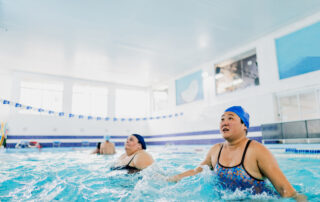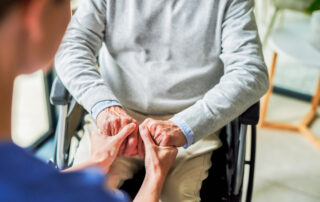Hearing loss linked to heightened heart failure risk
Distress caused by impairment seems to have key role in observed association Hearing loss is linked to a heightened risk of developing heart failure, with the psychological distress caused by the impairment taking a key role in the observed association, finds a large long term study, published online in the ...











